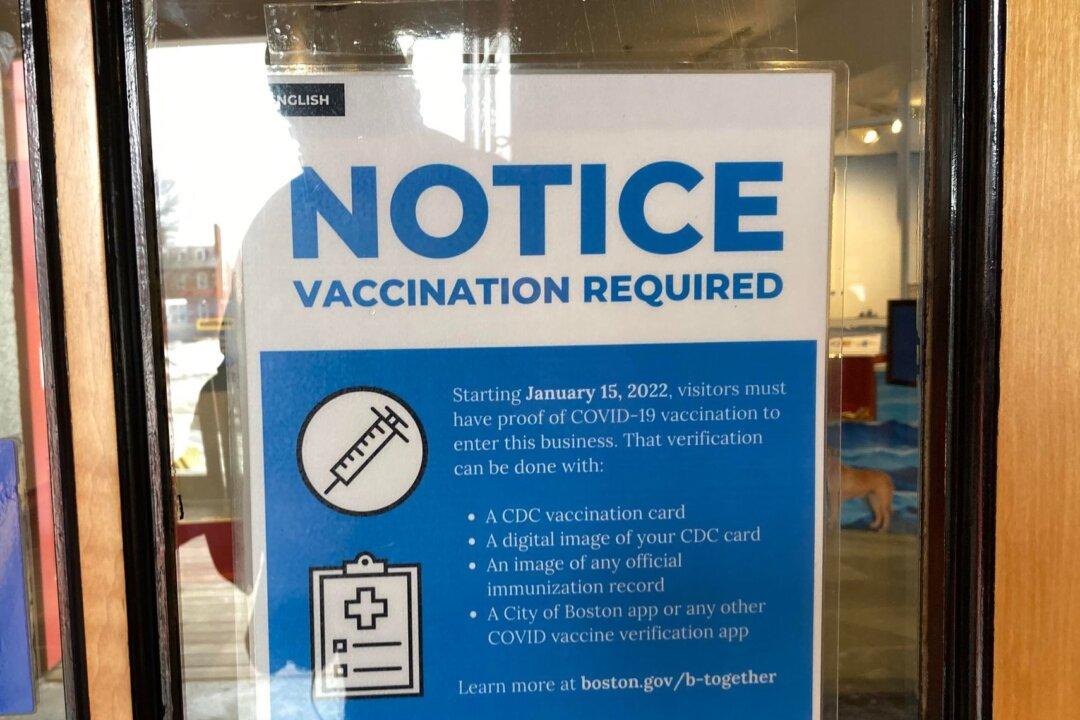“COVID days are not behind us. I fear 2024 will see a bad repetition of history. It’s all about social control,” said Michelle Efendi, a former resident of Massachusetts who now resides in Florida.
Mrs. Efendi is facing charges of alleged trespassing, disorderly conduct, and assault stemming from her attempt to enter the Massachusetts State House on March 1, 2022, without showing a certificate of vaccination or a negative COVID-19 test. If convicted, she could be sentenced to 6 months in jail.





